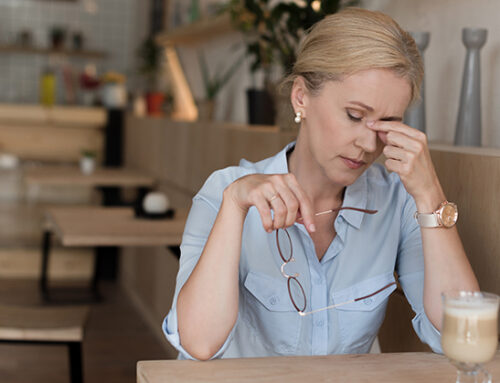Relationship advice columnist Wendy Atterberry believes there are 15 issues every couple must discuss before tying the knot.
As well as more obvious ones concerning children and career plans, they include the type of mattress to sleep on, whether to have a TV in the bedroom and where to take vacations.
But there was one question to consider that didn’t make the list. Maybe it should have done, and it’s this. Will getting married raise or lower the risk of dementia?
Loneliness Takes a Toll on Cognition
Chronic loneliness has been found to cause 1,599 genes to behave abnormally. While we still have much to learn, scientists already know that many of these genes are associated with behavioral processes, neurological disease and psychological disorders.
Loneliness has also been linked to depression, areas of the brain responsible for alertness and impulse control, a 26% greater risk of heart disease and a 32% higher risk of stroke. Depression, heart disease and stroke are all known to increase the likelihood of dementia.
In 2007, researchers from Rush University Medical Center, Chicago enrolled 823 dementia-free seniors. They undertook cognitive tests and were questioned about feeling lonely every year for four years.
Over that period 76 were diagnosed with Alzheimer’s.
The researchers found those feeling lonely had reduced cognition at the start of the study, more rapid decline in subsequent years and were more likely to develop Alzheimer’s disease.
In a later review of studies in this subject area, researchers at the University of Chicago also concluded that loneliness was related to cognitive decline and the onset of Alzheimer’s.
Marriage Lowers Dementia Risk by 60%
In the most recent study, published in June, UK researchers looked at evidence gained from the English Longitudinal Study of Ageing comprising 6,677 dementia-free individuals aged 52 – 90.
The researchers tracked loneliness, number of close relationships, marital status, levels of contact with family and friends, and participation in organizations. Over the following 6¼ years, 220 members of the group developed dementia.
The results suggest that if you’re not hitched you might want to start looking for a partner, because those who were single had nearly twice the risk of developing dementia than those who were married.
Of course, we need to discover the reason behind this finding. People can be single yet still be in close relationships, have lots of contact with siblings and friends, be involved in group activities and have very active social and business lives. They may be a million miles away from being lonely.
Of the 6,677 people in this study, 6,457 did NOT develop dementia, and I’m going to make a wild guess that a great many of them were single, and could perhaps be classified as “lonely.” So being single is a risk factor, not a death sentence.
However, there’s evidence from other research that single people lead less healthy lifestyles and are not as likely to seek medical help when they need it. This may make them more prone to dementia.
The study was unable to answer whether there is something special about marriage itself.
Quality not Quantity
That’s why they didn’t mention it in their conclusion. They wrote: “Dementia risk is associated with loneliness and having fewer close relationships in later life.”
Professor Tara Spires-Jones, a dementia expert at Edinburgh University, said:
“The science behind a potential link between relationships and reduced dementia risk is fascinating…Humans are social animals, and maintaining close relationships, like marriage, is likely to keep our brains active and healthy.”
Study leader Professor Eef Hogervorst commented, “Not being married almost doubled the risk for developing dementia. On the other hand, having close relationships independently reduced the risk.
“You can be surrounded by people, but it is the number of closerelationships that is associated with a reduced risk for dementia… it’s not about the quantity.”
- http://www.theage.com.au/victoria/loneliness-what-it-is-how-it-makes-you-sick-and-how-to-cure-it-20170621-gwvikj.html
- https://www.ncbi.nlm.nih.gov/pubmed/17283291
- https://pdfs.semanticscholar.org/b2cb/607f46c4e805d7310d016436060c8d77cd19.pdf_ga=2.132774797.2095644454.1509621390-1120349152.1509621390
- https://www.ncbi.nlm.nih.gov/pubmed/28658937
- https://inews.co.uk/essentials/news/health/single-people-double-risk-of-dementia-study/







